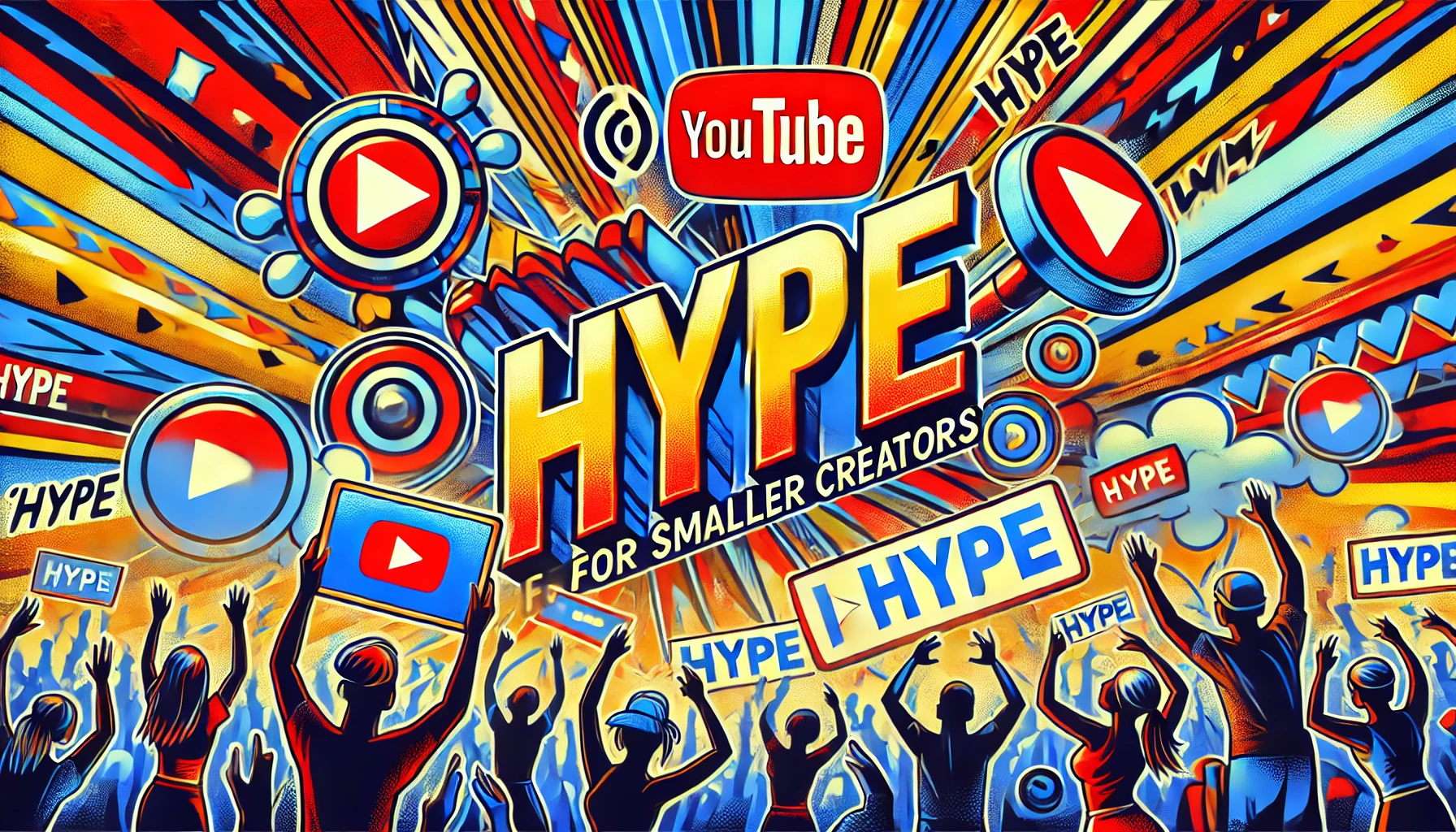It's been one of those "blink-and-you-miss-it" weeks in AI, with a whirlwind of news dropping across the board. From breakthroughs in text-to-video generation to OpenAI’s much-anticipated Strawberry model, the future is racing toward us faster than a caffeinated robot. Let’s dive into the biggest stories that you (probably) missed this week.
The Rise of Text-to-Video Magic with Hailuo AI
First up, we’ve got this wild new text-to-video software Minimax from Hailuo AI. Seriously, this tech is next level. Imagine typing a simple prompt and getting back a full video where the subject moves and emotes in real-time. In one demo, an over-the-shoulder shot of a woman shows her transitioning from laughing to sadness, then covering her face in tears. And it actually looks realistic!
The improvements in Hailuo AI's model are blowing minds, especially compared to previous versions, where videos were sluggish and robotic. This new model delivers fluid, real-time motion—and it’s not just me saying that; Reddit has been buzzing about it.
What’s even crazier? Hailuo AI’s clips now play at normal speed. (Thank you, AI gods!) Unlike earlier models that had the speed of a tortoise on a treadmill, this is one of the first times we’ve seen video models crank out natural, human-like motion.
This makes me think: Are we entering the age where AI-generated movies and TV shows become the norm? For aspiring filmmakers and content creators, this could be the game-changing tool that helps bring those big-budget dreams to life—without the big-budget part. Imagine continuing fan-favorite shows that networks canceled too soon, all thanks to text-to-video AI like MiniMax by Hailuo.
The Reflection 70B Controversy
Another buzzworthy topic this week involves Reflection 70B, the latest AI model by Llama. This AI powerhouse is based on Llama 3.1’s 70 billion parameters, fine-tuned to combine chain-of-thought reasoning and logical steps. Or, well, that's what the marketing said. People have been raving about its benchmarks...until they tried to replicate the results.
Now, here’s where things get shady. Rumor has it that Reflection 70B is simply a wrapper over Claude 3.5, filtering out certain strings like “Claude” to appear as its own model. Matt Shumer, who’s behind this project, recently posted an apology on X (formerly Twitter), acknowledging that the rollout didn’t go as planned. Although some benchmarks initially looked incredible, many users couldn’t replicate them, raising eyebrows across the AI community.
Was this a case of over-hype or strategic marketing for Shumer’s investment in Glaive AI? Regardless, it garnered over 9 million views, but the credibility of the whole project is now in question. Keep your eyes peeled for more updates as Shumer and his team dig into what went wrong.
OpenAI’s Strawberry: The Juicy Details
And now, the cherry (or should I say strawberry) on top of this AI-filled week: OpenAI is planning to release a new model called Strawberry within the next two weeks. Yeah, you read that right. OpenAI’s long-awaited reasoning-focused AI is finally dropping—sooner than anyone expected.
Strawberry will be part of the ChatGPT service but will also work as a standalone offering. Here’s the kicker: while it’s expected to be smarter than GPT-4, it’ll take 10-20 seconds to think before spitting out an answer. That’s like an eternity in AI-time, but the results could be worth the wait.
Unlike multimodal models like Gemini 1.5, Strawberry’s initial version will only handle text. No fancy images or other media—yet. That seems like a noticeable shortcoming, but OpenAI is facing fierce competition, so they may have rushed the launch to stay ahead of players like Anthropic and Google DeepMind.
Here’s where it gets even more interesting: Strawberry will be a premium service with higher prices and rate limits. Expect restrictions on the number of messages you can send per hour unless you’re willing to pay top dollar for faster responses.
For power users—especially those in fields like complex coding and advanced reasoning tasks—Strawberry could be a game-changer. If you’ve been using Claude 3.5 for coding, OpenAI’s new model might just give you the tools to build bigger and better things. But we’ll have to wait and see how the extra thinking time impacts user adoption.
Google’s Compute Crisis: Not Enough to Go Around?
Last but not least, we’ve got some spicy tidbits from Sergey Brin of Google, who recently revealed that Google is scrambling to build out more cloud infrastructure to keep up with the insane demand for AI. The issue? There’s so much demand for TPUs and GPUs that they’re literally turning customers away.
Think about that: Even the tech giant with nearly limitless resources is struggling to meet the need for AI compute power. And while that’s great news for their cloud division, it also spells opportunity for other companies to swoop in and grab customers who can’t get enough computing juice.
The Future of AI
We’re living in wild times. Between Hailuo AI’s leap into text-to-video, the drama with Reflection 70B, and the anticipation for OpenAI’s Strawberry, the AI landscape is changing faster than you can say “GPT-5.”
Now that you’re up to speed, what are your thoughts? Could AI completely transform industries like filmmaking or coding? Is OpenAI about to revolutionize everything with Strawberry, or will its 20-second lag frustrate users? Let us know in the comments below!
And while you’re at it, why not become part of the iNthacity community? Claim your citizenship in the "Shining City on the Web", like, share, and join the conversation.




















Post Comment
You must be logged in to post a comment.